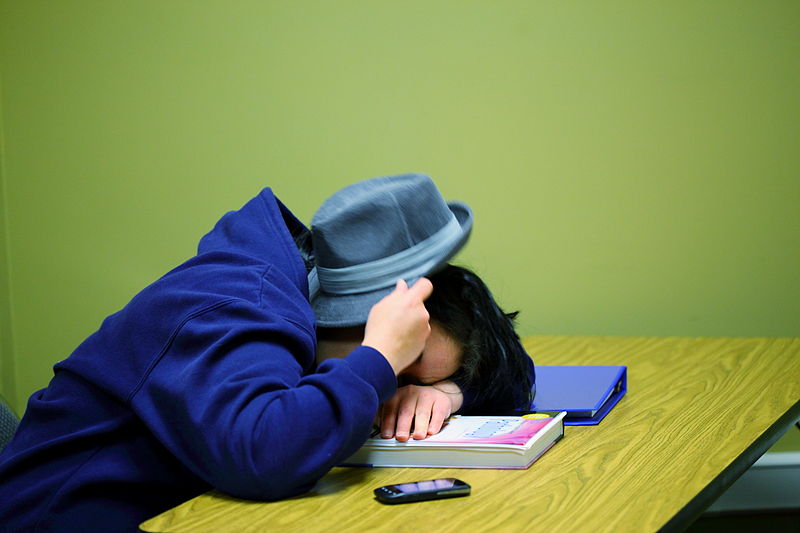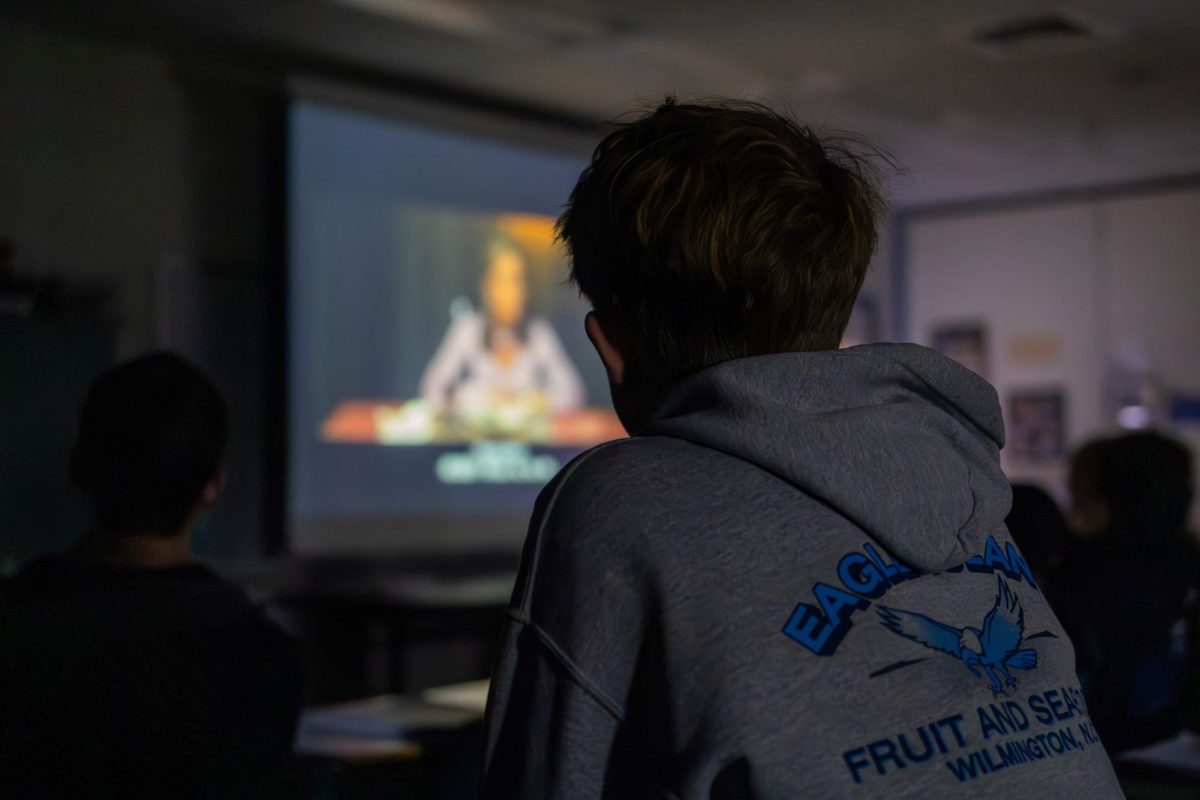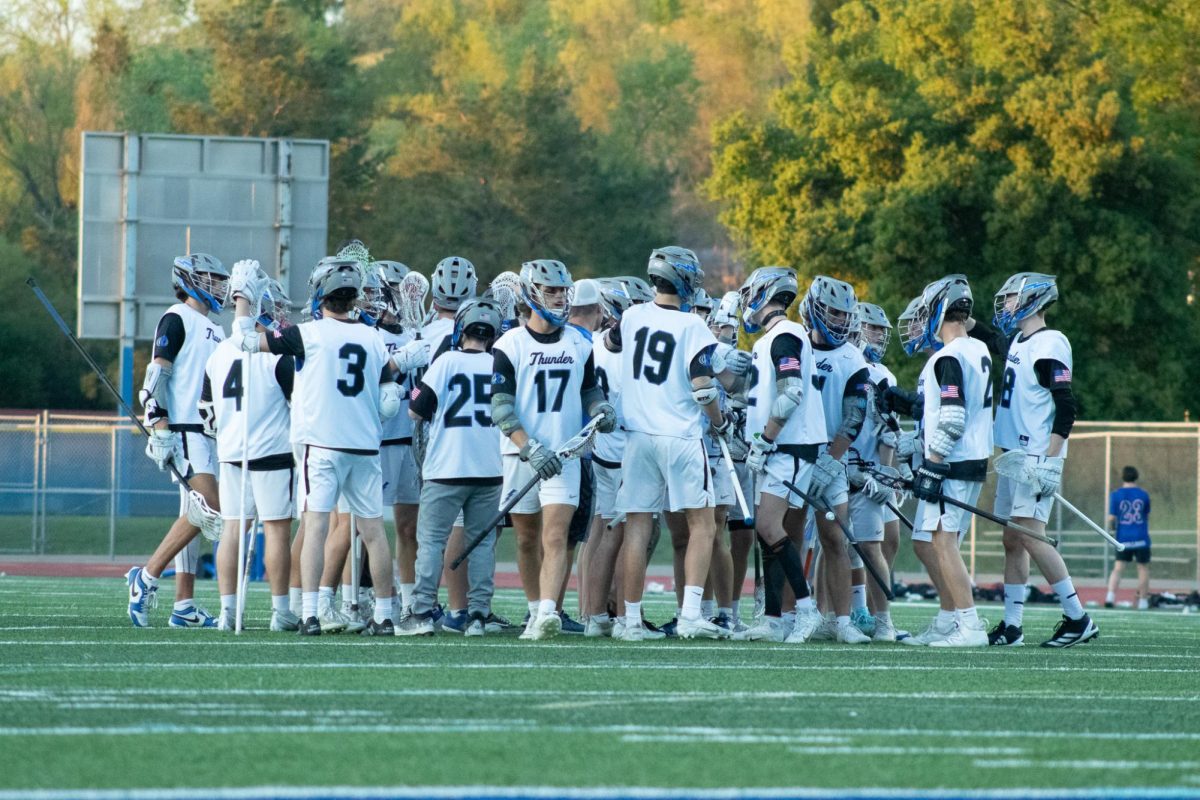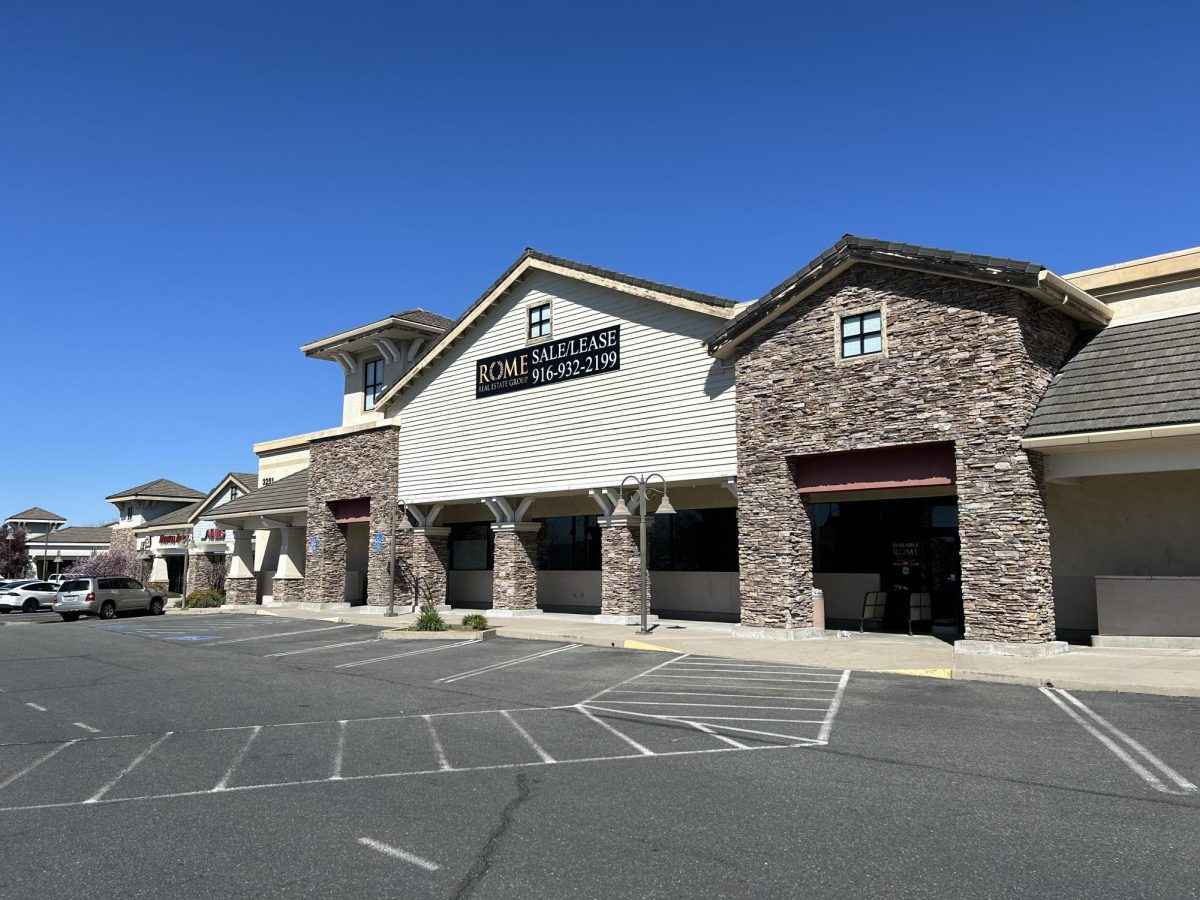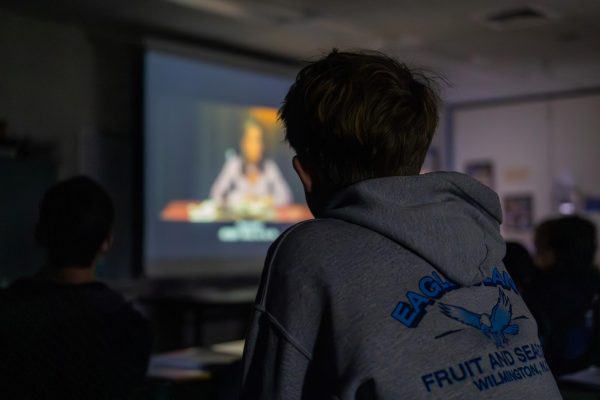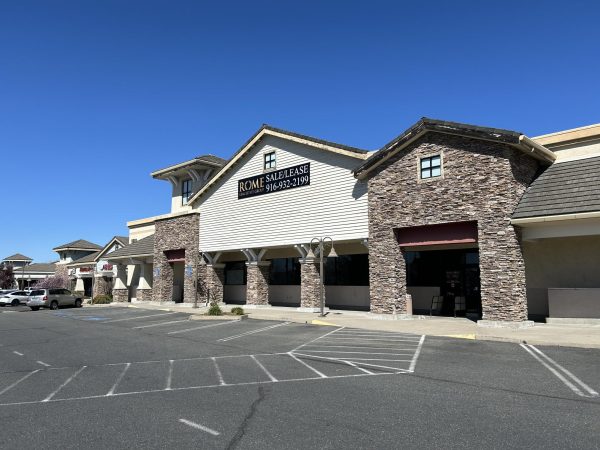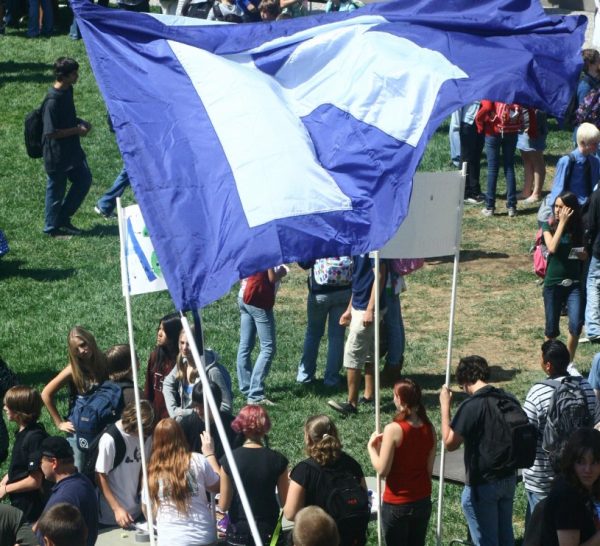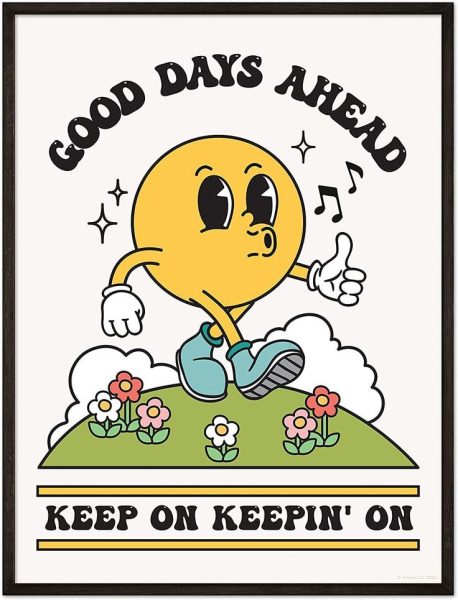Late Start
Would a later day give students a head start?
October 27, 2016
Most students bask in the prospect of starting school at 9 a.m., envisioning ample sleep and hearty breakfasts. This dream may materialize, as the Rocklin Unified School District is considering a later start for all students come the 2017-18 school year.
The announcement came as a survey sent by Dr. Kathleen Pon— the Deputy Superintendent of Educational Services at the district—to all RHS and WHS families requesting community feedback on the prospective change: what time does your student “go to bed on school nights”? How important is “ensuring student health and sleep” in regards to school start time?
The Center for Disease Control and Prevention recommends schools start no earlier than 8:30 a.m. to give students their greatest chance at being successful academically. Teenagers experience a suppression of melatonin,—the hormone that regulates sleep—peaking around ages 15 to 19, delaying their natural sleep cycles. Forcing students to wake up at 6:30 a.m.—to be at school by 7:40 a.m.—works against their biological clocks, negatively affecting their academic performance.
According to Start School Later, schools that have later bell schedules report that, among students, “there is less use of caffeine [and] alcohol, less substance abuse, fewer signs of depression, more attention in class, lower car crash rates, better grades, fewer absences, less tardiness, better graduation rates and fewer suspensions and disciplinary actions.”
Conversely, changing the academic start time challenges RHS’ cultural and logistical precedents. Transportation arrangements, after-school activities and parental, administrative and student schedules will be rearranged to accommodate a later start. Students’ access to public amenities—notably, the public library—will be limited by the later release.
Bethany Laws, a senior at RHS—who has a reduced academic schedule, giving her a later start on blue days—enjoys her extra time in the morning.
“I feel more awake in my classes because I have that… collect my thoughts and quiet time to destress [before school] so I can [better] share my [ideas during] class.”
However, not all students feel the same. Kohana Ramirez, a transfer senior at RHS, bemoans the later start.
“Because my parents work, nobody would be able to take me to school if it started at eight. Also, I work after school. A later schedule would push back my hours and affect my availability and impact my homework time.”
In the National Center for Education Statistics’ Schools and Staffing Survey, Californian schools—on average—have a 6.24 hour day: RHS has a seven hour school day. Comparatively, with a later start, RHS’ longer school day complicates coordinating after-school sports activities and other inter-district events.
RHS is a strong advocate for after-school involvement, offering multitudinous opportunities to excel in sports, music, theater and clubs. Dependent upon how much later the school day would begin, extracurriculars, work and other student activities would also be pushed back—the change disproportionately affecting its highest-performing extracurricular students. Homework would be pushed to the backburner as students return home later in the evening.
RHS’ responsibility to foster a positive learning environment—most conducive to student schedules and lifestyles—should trump the technical problems stemming from the change. While students may not be enjoying warm, homemade breakfasts with their extra time, they will be getting enough sleep.



